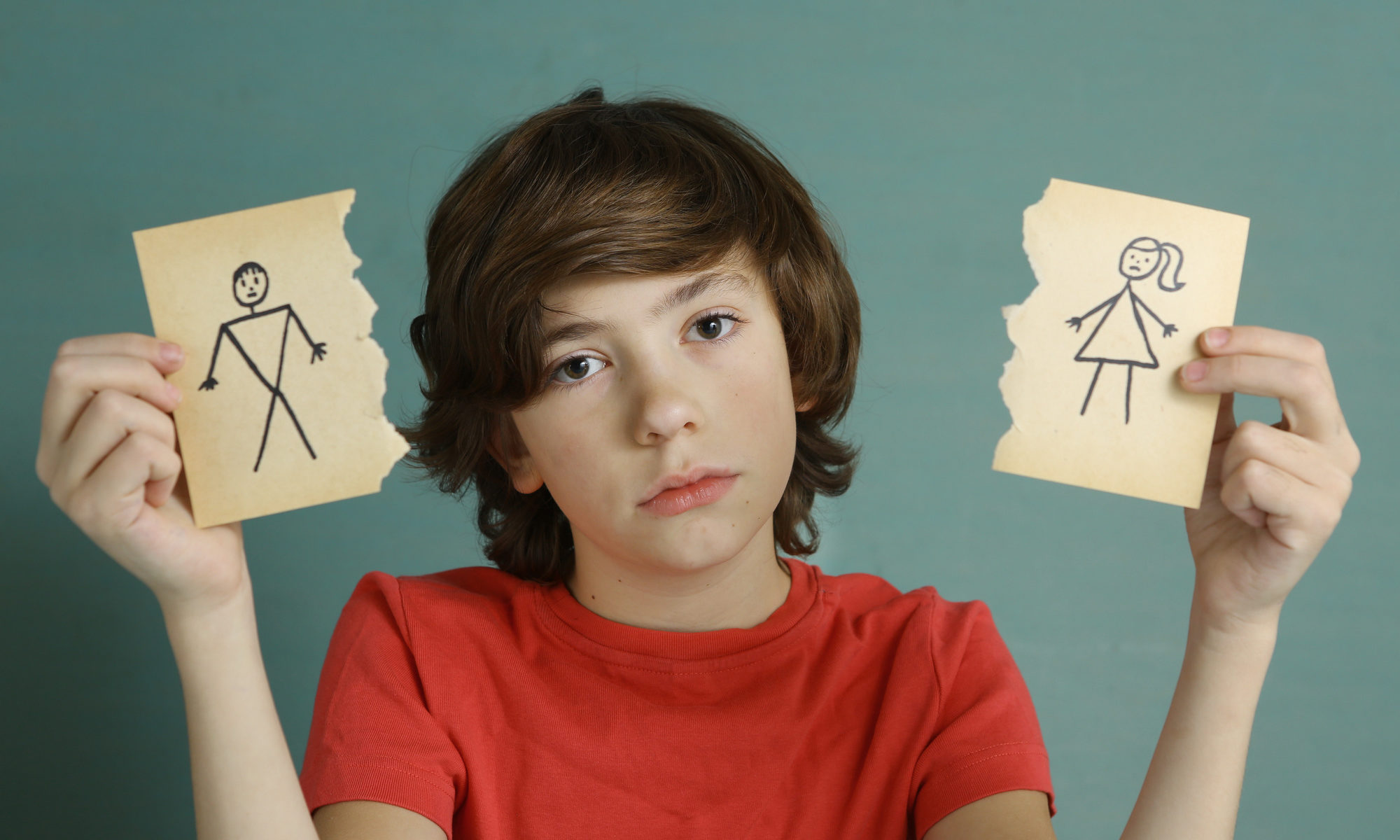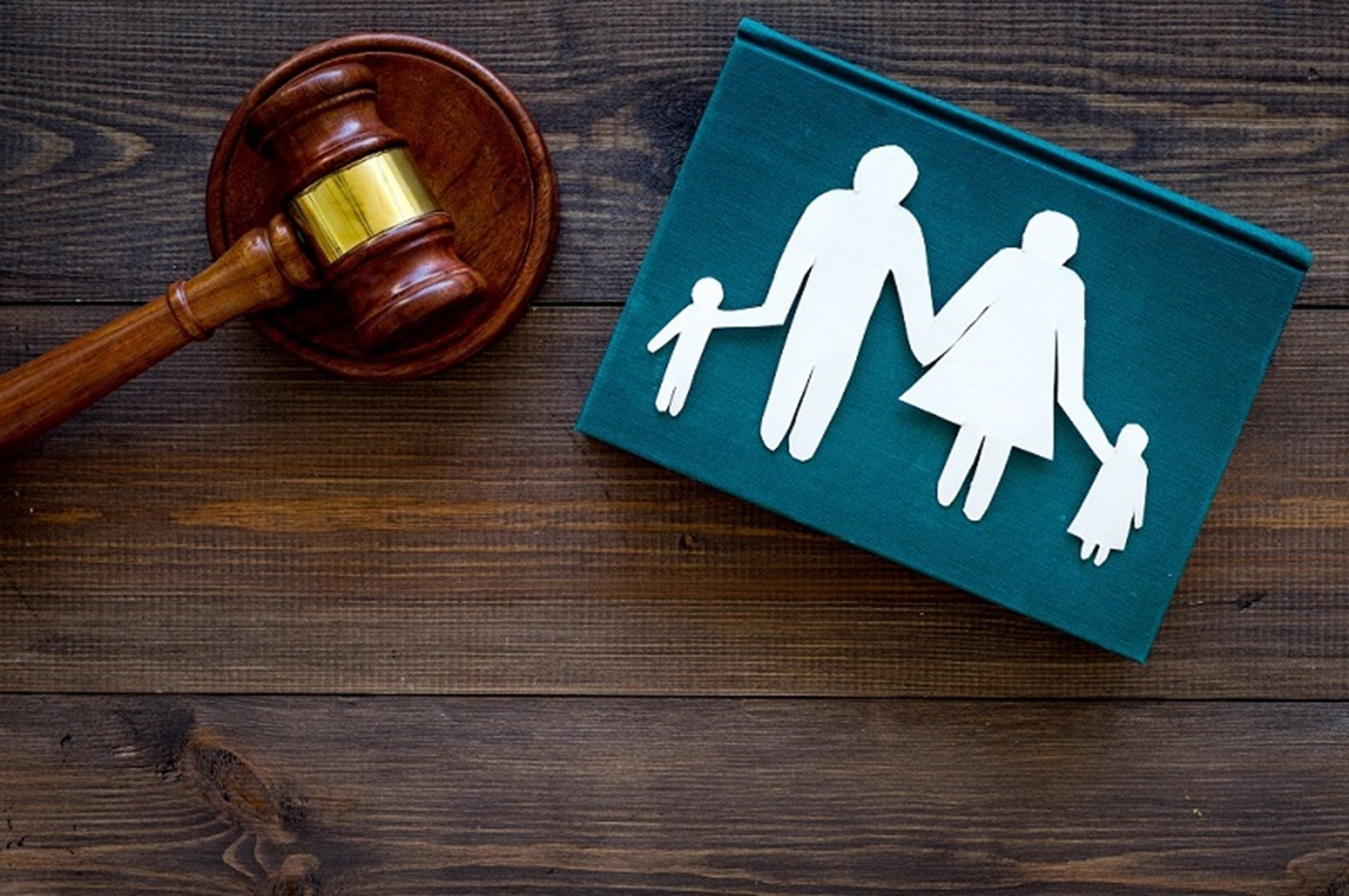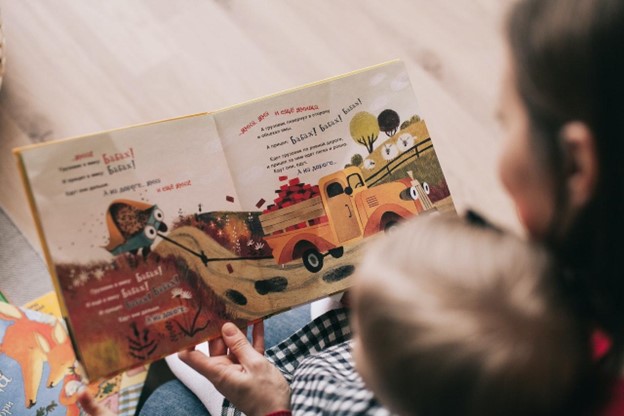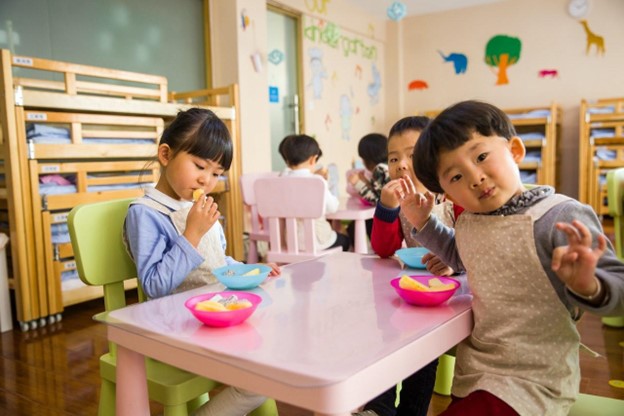More than forty percent of all American families are blended families. At some point in their lives, most people may find themselves moving from a ‘blended’ state to a ‘traditional’ family setting.
In other words, they may find themselves part of a step or blended family.
Whether you are interested in becoming part of a step-family or you already are and you’re looking for some advice and information on how to navigate this unique situation, you’ve come to the right place.
Below, we’ve put together our top stepfamily and blended family tips for you to check out.
Set Realistic Expectations
Setting realistic expectations is crucial when it comes to blended family life. After a divorce, parents and children may already be dealing with feelings of loss and upheaval.
Adding a stepmom or stepfather to the mix can further complicate things. This is particularly the case if expectations are unrealistic.
Unrealistic expectations can lead to disappointment, resentment, and even conflict.
To set realistic expectations, parents, stepmoms, and stepfathers should communicate openly and honestly about their hopes and concerns. They should take the time to get to know each other and build trust.
This includes discussing important issues such as discipline, family traditions, and routines.
It is also important to have an open mind and be flexible. But you should still try to create clear boundaries and set expectations.
For example, a stepmom might expect to instantly bond with her stepchildren and have the same level of authority as their biological mother.
But this may not be realistic, particularly if the children are still dealing with the aftermath of their parent’s divorce.
Instead, the stepmom could set the expectation that building a strong relationship with the children will take time. She could also communicate with the biological mother to establish clear boundaries around parenting roles.
Be a Great Communicator
One of the best ways that you can be a great communicator is by using “I” statements.
“I” statements are a type of communication that focuses on expressing how you feel. It is a much better idea to do this than it is to place blame and pointing fingers.
By using “I” statements, you’ll be taking responsibility for your own thoughts and feelings. This can help to prevent conflict in conversations.
You should structure “I” statements to begin with the word “I.” You’ll then need to follow with a specific feeling or emotion. This might include “I feel frustrated when…” or “I am concerned about…”.
Address Sibling Rivalry
Sibling rivalry is a normal part of growing up. But it can be a challenging issue for parents to navigate.
Addressing sibling rivalry is important for fostering a healthy and positive family environment.
One of the first steps in addressing sibling rivalry is to acknowledge it and talk about it openly. This can be a difficult conversation to have, but it’s important to stay positive.
You should also emphasize the importance of treating each other with kindness and respect.
Determine the Household Rules
During the divorce process, or after a child custody evaluation, establishing clear and consistent household rules can help to create a stable environment for children.
When determining household rules, make sure to involve everyone in the conversation. This can include talking with your children about their needs and concerns.
You should try to work together to establish rules that are fair and appropriate for everyone in the family. By doing this, you will create a sense of ownership and accountability.
This will help to promote positive behavior and respect for the rules. You’ll also need to establish consequences for breaking the rules, and enforce those consequences consistently.
This can help create a sense of predictability and stability in your home.
Nurture Family Bonds
A strong family bond provides children with a sense of security and support. This will also promote positive social, emotional, and cognitive development.
One of the best ways to nurture family bonds is by prioritizing activities that foster meaningful connections. When you are creating a parenting plan, it’s a good idea to identify what these activities are.
One of the best ways to nurture family bonds is to spend time together as a family. This can include activities like family dinners, game nights, and outings to local parks.
By spending quality time together, you will create a sense of togetherness and closeness with those who you care about.
Parent Together and Not Separately
When parents work together, they will create a sense of unity within the family. Also, when parents work together, they can more effectively model positive behavior and problem-solving skills for their children.
One of the best ways to parent together is to establish a clear and consistent approach to parenting. This can include agreeing on rules and consequences for behavior and consistently enforcing those rules and consequences.
Another key aspect of parenting together is effective communication. You will need to be willing to listen to one another’s perspectives and concerns.
You will also need to commit yourselves to working together.
Blended Family and Step-Parenting Tips
It can be challenging to figure out how to be a great parent if you live in a blended family or if you are a step-parent.
This is why it is such a good idea to familiarize yourself with the top tips and tricks. Make sure to set clear expectations and to be a great communicator. You should also take action to address sibling rivalry.
Are you ready to start improving your family life? If so, 2houses is here to help you. Don’t hesitate to visit our Key Features page to get started today!













